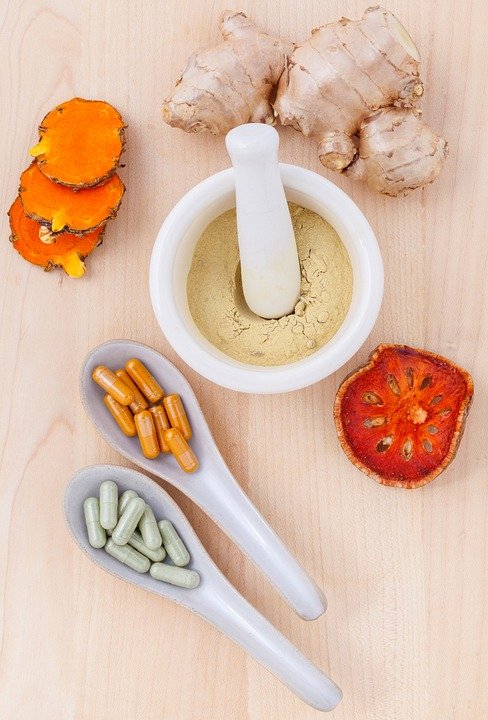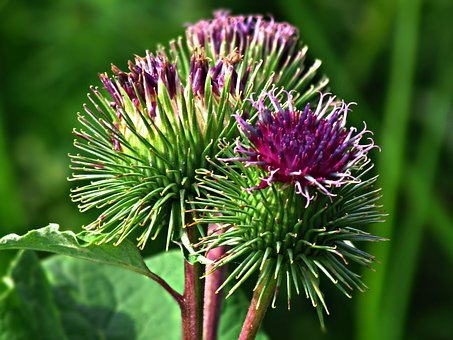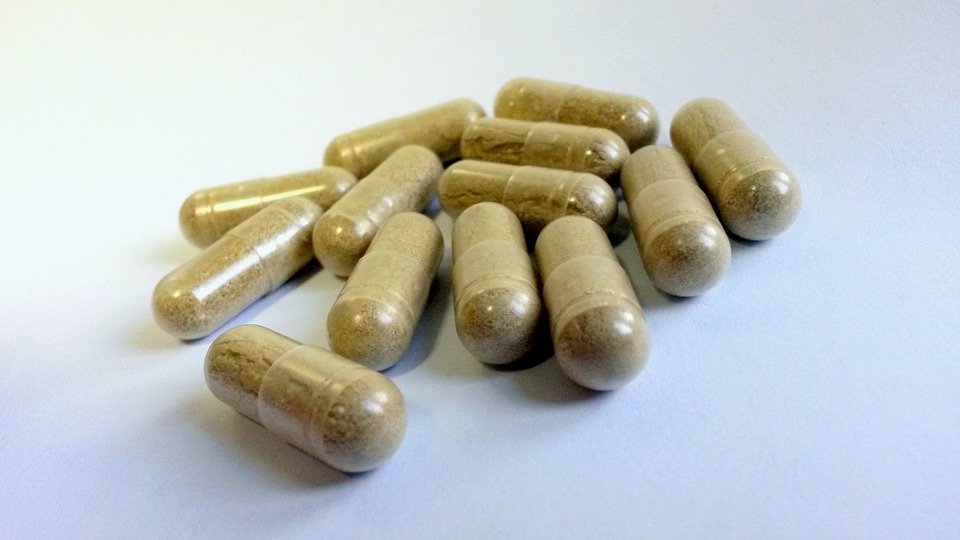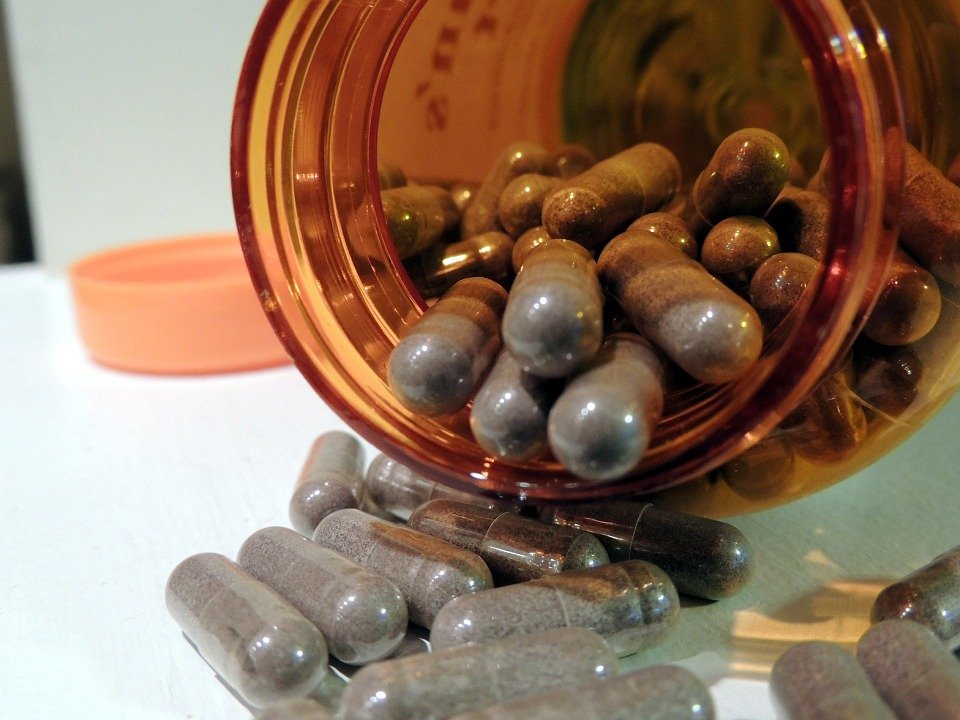
I was so happy to find so much interest in our article on making your own herbal capsules! It makes me smile inside to hear so many of you intent on taking care of yourselves through the empowering process of as @harvardhomestead put it, health sovereignty!
I was curious if I should follow up with a specific recipe and @jayna expressed her interest and so here is one I am currently taking.
Today I want to share with you a recipe that I have been using for the past couple months that directly supports the liver (and therefore the blood, digestion, and endocrine system as the liver feeds the blood and processes excess hormones).

For years whenever I've gone to an acupuncturist or naturopath, I have always heard:
- You have a congested/sluggish liver.
- You have a hot liver.
I have bought pills and tinctures and eaten weeds (dandelion and burdock among them) all in an effort to support this and it wasn’t until last fall that I took this seriously and started making my own liver supporting pills.
Many people in our society have Congested or Sluggish Livers
The liver filters all of the blood and is sensitive to toxins and pollutins in our environment. We all know there are a lot of those floating around! The modern diet full of refined carbs, white sugar, fried fatty foods, alcohol, cigarettes, and high caffeine intake is also hard on the liver. Many of us could benefit from liver support.
Signs of a Congested or Sluggish Liver
You've probably heard the phrase, anger in your liver. The liver has long been thought of as the store for our emotions and it is true that when we are holding on to or feeding the flames of anger, our liver is the house of that. Some other signs include feeling irritable, skin eruptions like acne, eczema, boils, dry skin, inability to rest or waking at odd hours, problems with the reproductive and endocrine systems, bloating, poor digestion, mental fog & sluggishness.

How to Support the Liver
Liver Cleanses = Not Healthy
We hear often of Liver Cleanses (and cleanses on various parts of the body) and this is something I want to dispel today. Susun Weed helped clear this up for me and so here are her words on the subject:
Chemicals, however, do not build up in the liver, despite what you may have read.
Avoid liver cleanses. Herbal and other products and regimes which claim to cleanse the liver can damage and destroy cells. The liver cannot be dirty; and it does not need to be cleansed. (source)
And furthermore
Cleansing is extremely hard on the body, especially on the organs that naturally keep your body healthy and clean, such as your liver and kidneys.
Instead, we advocate for nourishing your body, so the body can do its work in a supporting environment. Our bodies are not places of filth, they are naturally clean, and the body is naturally designed to keep itself in optimal health, if supported with nourishment and love. (source)
I would highly recommend her book Healing Wise for more on this subject of nourishment over cleansing.
I think the cleansing mentality is rampant these days in our society and since reading more of her works and other herbalists research, I too have come to believe that nourishment and support are what is called for in relation with these organs, not “cleansing”! Perhaps it harkens back to a puritanical idea that the body is “bad” or “dirty” and needs to be cleansed, but I think if we focused on nourishing ourselves and supporting our various systems instead, we would find healing comes faster in more gentle ways.
Supporting the Liver Through Herbs
Some of the most supportive herbs for the liver are considered weeds by most people and many of them likely grow near you, if not in your yard.
This also coincides with another teaching I learned from Susun that posits that the plants that grow around you are the ones that we most need for healing. The rampant growth of dandelions in the suburban landscape (and the corresponding war on them!) points to a lot of angry livers!

Burdock in flower
When I’m making my herbal liver support capsules, I use the following. I will describe the reasons why below.
• Dandelion Root
• Burdock Root
• Yellow Dock Root
• Wild Yam
• Licorice
Dandelion
Taraxacum officinale is one of those much lauded herbs throughout time. Most humans have likely come in contact with it as it grows easily world round. Sadly in the USA there is a war against “weeds” like the dandelion in yards and many people use petrochemicals (themselves leftovers from wars, but that’s a story for another day) to kill them. This is a very interesting war because the petrochemicals damage the liver and dandelion is one of the best herbs for liver support. Dandelion leaves and root can be used to support the liver as they have a tonifying and supportive effect, stimulating a sluggish liver. You can also eat the leaves in spring for this effect. They boast a host of minerals, vitamins and nutrients and are nourishing to the whole system.
Burdock
Arctium lappa supports the natural activity of the liver and gall bladder helping assimilation and adding an incredible host of minerals and nutrients. When using powerful roots as we are in this formula, realize that roots are the mineral stores of the plant world (along with leaves) and offer our bodies support at the base level. Burdock is used as a nourishing food in many parts of the world and is safe to ingest in large quantities. It is known for cleansing and supporting the blood and also brightens the skin and has an anti-inflammatory effect in the body. Burdock, like this entire protocol, works best if taken over a long period of time. Known as an alterative, the action gently helps the functioning of the entire body.
Yellow Dock
Rumex crispus is known for assisting in the absorption of iron (which is helpful in cases of anemia), but it also is useful for liver congestion and the resulting chronic skin conditions. It is a bowel tonic also (as are a couple other herbs in this regime) so you may find that when you initially start to take this formula, your bowel movements speed up and regulate (in a positive way).
Wild Yam
Dioscorea villosa is another nontoxic plant with no known side effects. It activates and stimulates liver activity.
Licorice
Glycyrrhiza glabra is known as synergizing herb. Demulcent (sweet & soothing in nature), it binds the whole formula together and actually allows the body to better ingest it. Licorice also has the ability to sweeten up any bitter formula to make it more palatable. It also offers an added bonues of helped to regulate blood sugar. There are warnings attached to eating too much licorice if you have high blood pressure or retain water easily, but it is safe for most people (do your own research on contraindications). In China, Licorice is dubbed the “peacemaker”. Licorice also protects the liver and supports it through influencing detox of xenobiotics.
Adapted from Herbal Healing for Women by Rosemary Gladstar and Herbal Medicine from the Heart of the Earth by Dr. Sharol Tilgner.

When healing with herbs and especially in the case of the liver, healing should be considered a long-term affair.
This is not the realm of quick fixes, but of many actions taken over time having a cumulative effect. When nourishing the liver, always remember that diet, exercise, fresh air, drinking plenty of water, healthy thoughts, dealing with any unprocessed anger complete the program. Eating pills will not be enough if you still harbor toxic emotions, eat heavily fried foods (in poor quality oil) and a lack of leafy greens and generally remain stagnant. Herbal protocols are supportive in nature and can help you make the choices toward health, but they are not the be all end all for healing. True healing happens when all of the lifestyle choices are geared toward the specific outcome. That takes dedication and commitment, but it is entirely possible!
And truly, I can speak from experience: Nothing feels better than assisting your body in healing!
Preparations
Preparing these pills, I take into consideration other health concerns I may be having and add in more or less depending on secondary conditions so the ratios are flexible.
A simple way to look at this formula is just to add equal amounts of each herbal powder, mix it up well and put it into capsules. You can add more parts of one if you feel more attracted to it or want to sway healing in a certain direction. This is tricky to try to share over the internet as each person’s healing needs are different, but equal parts for this protocol is a simple and safe introduction.
Dosage
I take 5 pills 3/x a day for these herbal pills. Once you’ve taken for a few weeks, feel free to take a day to a week off to give your body a rest. Many of these herbs can be considered food and are completely non harmful.
As mentioned previously, when supporting the liver it can take time to heal. If it seems to be going slowly, don’t take this as a sign that nothing is happening or that “the herbs don’t work”, but only that they work on a different, more gentle timing that the “knock ya out”, direct action of pharmaceuticals. One benefit of herbs that blows pharmaceuticals out of the water is that herbs work as whole medicines in synergy with the body.
When we isolate a single compound and even synthesize it (as in pharma pills), the whole nature of the plant medicine is lost. Oftentimes, the healing action of a plant cannot be isolated into one “wonder” compound and doing so even makes the medicine more dangerous or harsh to the system. Herbs, in comparison, are safer to take for longer periods of time, and yes they regularly need to be taken for a few weeks to months to take effect, but rest assured, they are healing your body and nourishing on many levels.
My experience
After taking these pills for a month on and month off for a few months, I can say that I feel more refreshed and clear. I’ve also made some other significant life shifts, but I think the underlying support of these roots has made all the difference.
Other herbs that aren’t included that could be are bitter tonic herbs like Bupleurum which protects and regenerates liver cells (this and other bitter herbs support the liver so it’s also good to add bitters into your diet), Milk thistle which also protects and regenerates liver cells and is a poster child of late for liver support, Turmeric as it stimulates the liver and increases production of bile and promotes digestion and elimination (probably most of us could benefit from having more turmeric in our daily diets, but that is also as simple as adding it to our meals).

As always when I share herbal protocols over the Internet, please do not take this as advice. Our bodies are unique and if you are new to self-treatment or Herbalism in general, please seek out a seasoned naturopath or herbalist in your area. I am only offering what has worked for me and am not responsible for your actions!
That being said, Herbalism is people's medicine and it is largely incredibly safe! If you feel drawn toward taking your health into your hands, I would encourage you to get a few herbal books and start reading! You can always message me on discord too to chat about it!
Book Recommendations
If you're intrigued by this and want to make more of your own herbal preparations, look into the formulas presented in the three books mentioned above as well as Lesley Tierra's Healing With The Herbs of Life and/or Michael Tierra's Planetary Herbology. If you'd like to talk more about this, please contact me in the comments or on discord.
Thanks and I hope you found this helpful!
Don't hesitate to ask questions and may you enjoy taking part in your own health and wellness!

